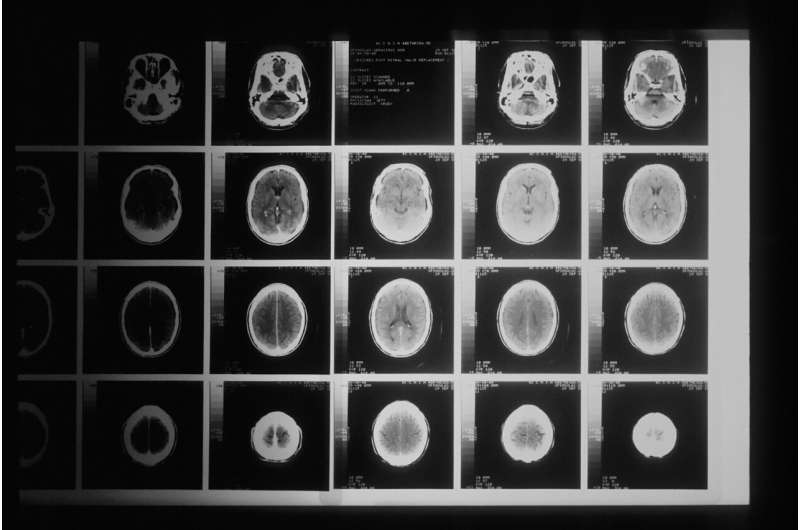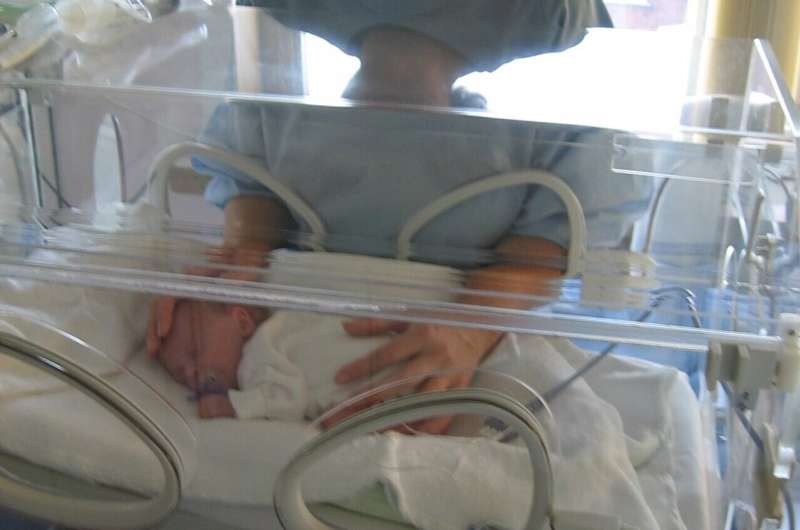Revolutionary Genetic Test Can Diagnose Brain Tumors in Just Two Hours

A groundbreaking genetic testing method can diagnose brain tumors in as little as two hours, vastly improving intraoperative decision-making and patient outcomes. Developed by the University of Nottingham, this technology uses nanopore sequencing to provide quick, accurate, and cost-effective tumor classification, transforming care for brain cancer patients.
Scientists at the University of Nottingham, in collaboration with Nottingham University Hospitals NHS Trust, have developed an innovative genetic testing method capable of diagnosing brain tumors dramatically faster than traditional approaches. This new technique reduces diagnostic time from weeks to as little as two hours, significantly enhancing the potential for immediate, intraoperative decision-making during brain tumor surgeries.
Published in the journal Neuro-Oncology, the study details how the team utilized advanced nanopore sequencing technology to analyze tumor DNA quickly and accurately. During 50 surgeries, the method achieved a 100% success rate, delivering rapid results that classified tumor types within minutes of sequencing. The process continues sequencing in real-time, allowing a comprehensive diagnosis within 24 hours.
In the UK, over 12,000 individuals are diagnosed with brain tumors annually, with many cases involving aggressive cancers that often have a median survival time of less than a year. Currently, diagnosis involves sending samples to centralized labs, with results taking six to eight weeks—a delay that causes considerable patient distress and can hinder timely treatment commencement.
The new genetic testing approach revolutionizes this process, enabling real-time, precise tumor classification within hours. Dr. Stuart Smith, a neurosurgeon involved in the development, emphasized that rapid diagnosis can inform surgical strategies during the operation, reducing uncertainty and improving outcomes. The method leverages portable sequencing devices to examine specific regions of a patient’s DNA rapidly, focusing particularly on DNA methylation patterns that define tumor types.
This technology is not only faster but also more cost-effective, estimated at around £450 per patient, and potentially less when scaled, largely by reducing the need for multiple separate tests. Experts believe that widespread adoption across NHS Trusts could transform clinical pathways, giving patients quicker, more accurate diagnoses and personalized treatment options.
The breakthrough integrates cutting-edge bioinformatics tools like ROBIN to interpret DNA data swiftly, further enhancing diagnostic accuracy. As this technology moves toward implementation, it promises to deliver critical benefits—accelerating diagnosis, reducing costs, and ultimately saving more lives in the fight against brain cancer.
Stay Updated with Mia's Feed
Get the latest health & wellness insights delivered straight to your inbox.
Related Articles
New Insights into Ciliary Dysfunction and Its Link to Severity of Bronchopulmonary Dysplasia in Infants
Recent research identifies a link between ciliary dysfunction and the severity of bronchopulmonary dysplasia in premature infants, offering new paths for targeted therapies and improved management of the disease.
Predictive Machine Learning Models Help Reduce Missed Appointments in Primary Care
A new study showcases how machine learning can predict and reduce missed appointments in primary care clinics, enhancing efficiency and patient adherence.
Impacts of Climate Change on Homes and Human Health: Rising Temperatures, Air Quality, and Housing Security
Climate change significantly impacts our homes and health, increasing risks from heatwaves, floods, and wildfires. Building resilient housing is crucial for safety and well-being.
Rising Wait Times for Emergency Hospitalization: A Growing Concern
A new study reveals that wait times for emergency hospitalization have increased significantly, with many patients experiencing delays of over 24 hours, raising concerns about patient safety and healthcare system capacity.



